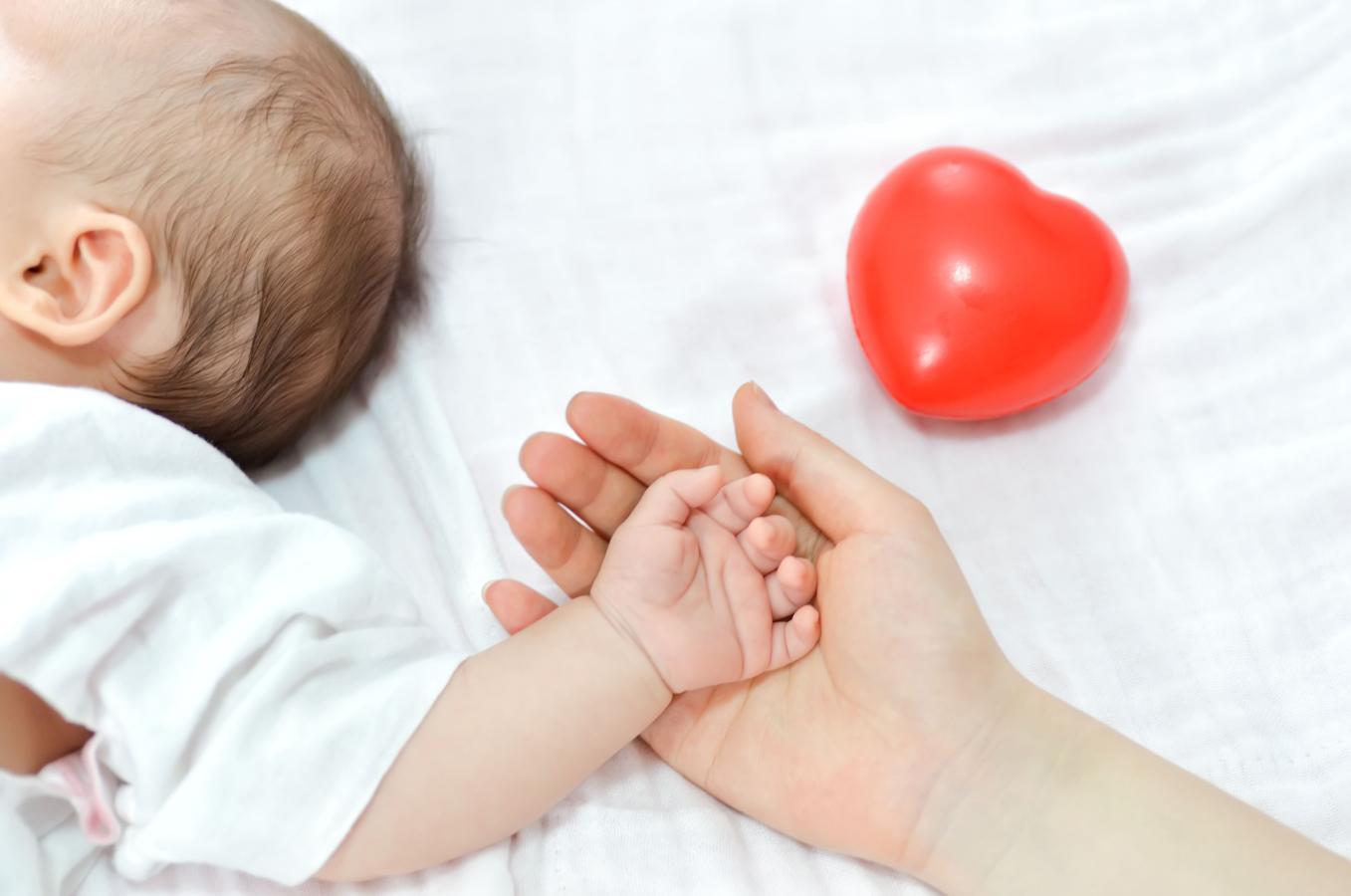Explain well and avoid disruption
Children are not small adults. Their anatomical, physiological and psycho-emotional particularities require an adapted procedure, especially during venipuncture. This is why we only use paediatric needles for blood collection in children. Although the blood test itself only lasts a moment, we take the time to establish a dialogue with you and your child in order to offer you the best possible blood test and experience.
How to prepare for your child's blood test?
Children are real "emotional sponges". Be relaxed, don't stress them out, reassure them.
How can you help your child?
To ease your child's fears, speak openly and honestly. Tell them the truth in simple words they can understand. Don't use negation, don't say "it doesn't hurt" or "it's not scary" as they will only remember the words "hurt" and "scary".
Here are some words you can use, for example:
- "Your body has many veins. Veins are like roads through which your blood flows"
- "The nurse will put a rubber band on the top of your arm and you will have to make a very tight fist. Then she will give you an injection and you will feel a little pinch. You can choose to look or not to look but it can be very impressive"
- "The nurse will take some blood to fill her tubes and then put a small bandage on you"
- "The tubes will be sent to the laboratory to be analysed"
It is very important to explain that the blood test will only last a few moments, and that he/she must remain calm and not move during this short time.
Think of the anaesthetic cream or patch!
Anaesthetic creams and patches are very effective. They are reimbursed by the CNS if prescribed by your doctor. They should be applied 1.5 hours before the blood test. After removal of the dressing, the residual medication must be carefully wiped off with a compress.

How to reassure and entertain your child?
- Sit nearby or make sure they see you.
- Ask them to check that you are not making a mistake in counting.
- Touch him/her, hold his/her hand.
- Talk to them, listen to them and encourage them.
- Singing to him or with him, playing his favourite music.
- Tell him a story, read him a book.
- Joking, counting backwards.
- Playing with a cuddly toy or an attractive object (that flashes, makes sounds, moves, turns).
- Have him watch a video on your phone.
Preparing your baby for a blood test
It is never easy to accompany your baby to a blood test. However, your role is important. You are in the best position to reassure your baby: you know him best and your presence is his best support. You can help your baby with a few simple gestures:
- Make sure your baby is warm, as the cold makes it difficult to see the veins.
- Tell your baby about the treatment and explain what is going to happen, even if he or she is very small.
- Make sure your baby is comfortable and help him/her by keeping in touch with him/her by voice, eyes and touch.
- If necessary, give your baby a bottle of milk or the breast: suckling during a treatment or an examination limits the baby's pain. This is also the case when the baby is given a suitable sugar solution that is combined with sucking.
- 1.5 hours before the blood test, apply an anaesthetic cream or patch to the area where the injection will be made.
Mobile and toll-free paediatric service
Being in familiar surroundings can reassure your child.
To make an appointment for a blood test at the address of your choice with our mobile service PICKEN DOHEEM :
- a simple call to (+352) 27 321 260
- via the website www.bionext.lu/rdv
- via the MYLAB, mobile application, compatible with iOS and Android
Remember to tick the box:
✔ Blood test - Child
Please be aware that at home you will probably have to assist the nurse. If you do not feel able to do this, it is best to come to a blood sampling centre.
